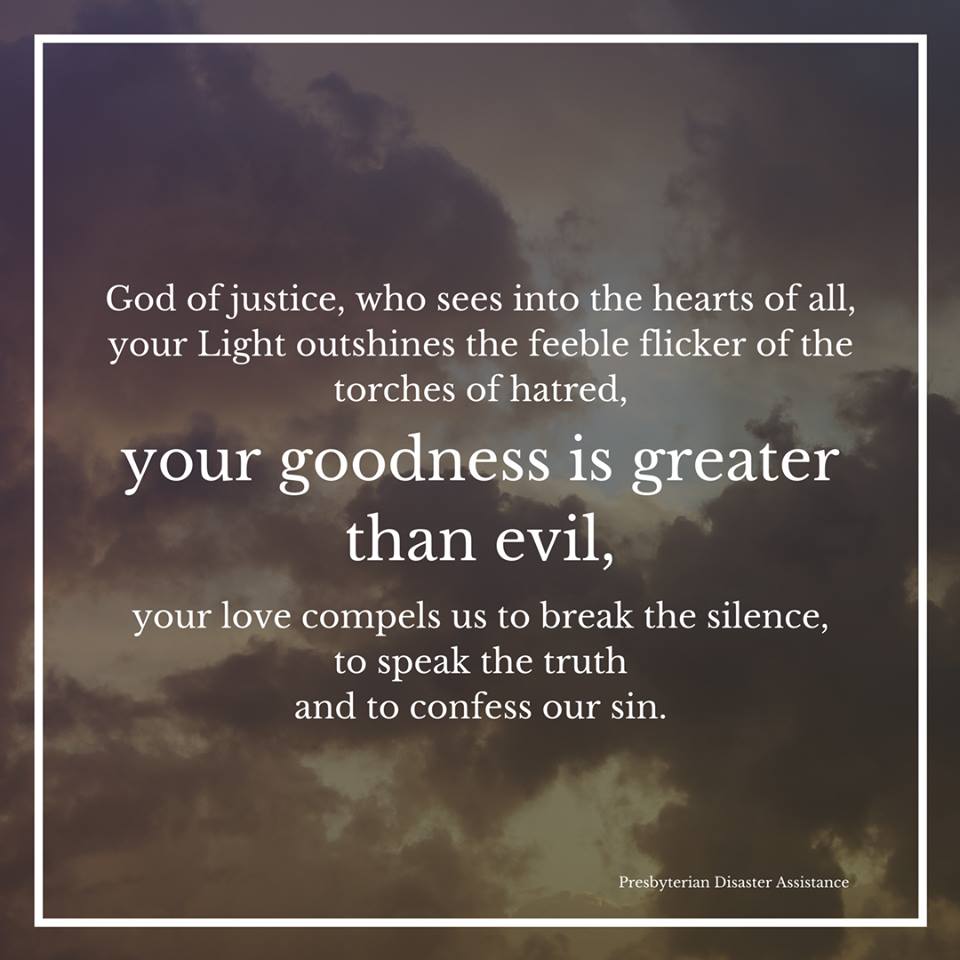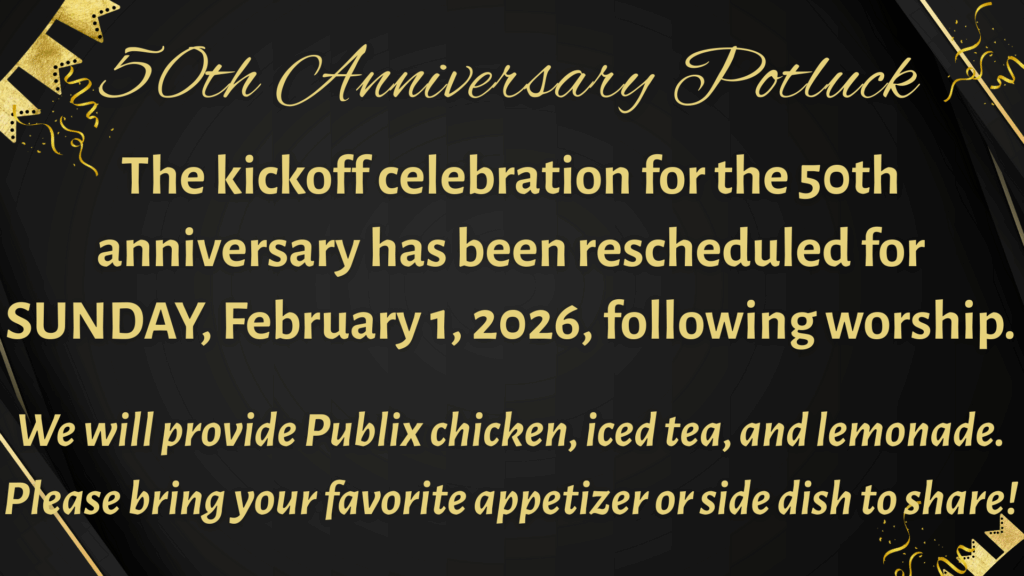Think about the last time you were in a waiting room. Maybe it was a doctor’s office, or hospital or surgical center. Maybe it was a car dealership or the DMV. Often times, they have a similar feel to them: rows or groupings of identical chairs, bad lighting, stacks of dated magazines. Instead of bad elevator music, there is often a television set to a never-ending stream of home improvement shows. We scan the room to find a seat and generally hope that whatever we are waiting for won’t take too long. Sometimes, we know it’s going to take a while, so we bring some provisions. Generally speaking, there are about a million other things we would rather be doing, or places we would rather be.
Waiting can be tedious and boring. The longer the wait is drawn out, the more restless we can become, and irritation begins to set-in. Waiting rooms can even breed anxiety, particularly in the face of fearing the unknown. Our time in waiting rooms, then, becomes give and take between hopeful anticipation and wrestling with the unknown. What a clever parallel to these 40 days of Lent for us. Lent is a time of waiting, where we are left to sit with our thoughts and ask deep questions about faith, even when we know we may not get clear or final answers. It is a time to have focused, intentional conversation with God, and to grow in our understanding of God’s presence in our lives and in our world. In Lent, we are bold enough to confront the gritty parts of our lives and world and try to make sense of it all in light of our faith.
That, in a nutshell, is the journey of the Psalmist in Psalms 27. Perhaps more than any other book in the Bible, Psalms speak to the experience of our lives with the full range of human emotion. This book of 150 includes joy, sorrow, anger, confidence and hope, confusion and despair. Its wide diversity is a powerful testament that we can talk to God under any circumstances. In our text for today, the psalmist balances fear and trust with a gritty honesty that speaks to our Lenten experiences.
The Psalm is bookended with affirmations of faith and trust in God. This is where the writer begins and ends. On their own, these verses “The Lord is my light and my salvation; whom shall I fear?” (verse 1) and “wait for the Lord; be strong, and let your heart take courage;” (verse 14) make for comforting phrases. But their true power comes by examining the verses in between. For the journey of the psalmist does not ignore the pain and challenges in his own life. In fact, it does quite the opposite, as the struggles are laid out before God in a lament.
The psalmist doesn’t ignore his suffering or minimize it. He does not check it at the door so to speak as he comes before God . . . Rather, he tells his story. He speaks of his pain. He calls out to God with all the rawness and honesty of someone who has been pushed to the limit. He doesn’t hold back. He pours out his complaint to God, not to push God away but rather, to plead for more, more of God’s presence, more of God’s instruction, more of God’s protection[i].
This week, the popular Tuesday night drama, This is Us featured an entire episode set in the waiting room of a hospital over the span of 26 hours or so. The tension was palpable throughout the episode, with each character responding to the events in their own way. One attempted to lighten the waiting with a game: name a food that is not improved by either chocolate or ranch. But it didn’t take long for their own life issues to come pouring out. Conflicts were sparked and the precarious nature of their relationships were on display. Stories of truth were spoken.
This is the work of Lent, as we lift up the struggles our lives into God’s light. In this 40-day waiting room, we identify our own shortcomings and challenges, whether it is a broken relationship with a friend or coworker or those things about ourselves that we long to change but just can’t seem to figure out how to do it in ways that stick. Lent is a time for beginning to sort it all out, within ourselves, with each other, and even with God. And, going further, Lent is also a time when we are painfully aware of the hardships and brokenness that exists in our world. It doesn’t take long to find these examples, either. This morning, we might name those in Nebraska and other parts of the Midwest who are literally underwater; for farmers whose crops are gone, for those trapped on rooftops, and those who have now lost everything. We acknowledge the horrors experienced in a mosque during prayer on Friday in Christchurch, New Zealand, an act of terror that led to the death of 50 of God’s children. We lament the ways in which hatred takes hold and intolerance and fear become driving forces. Both in our world and our nation and our communities, there is much to call attention to.
These are also the cries of Jesus over Jerusalem in our gospel text, and his longing for wholeness in the midst of heartbreak. Jesus uses the image of a hen, gathering her brood under her wings, as an image for a God who longs to take this brokenness and pain and offer shelter and protection.
And while the gospel text has the children denying such an opportunity, the Psalmist finds a place in God’s shelter. The Psalmist is insistent on God’s presence in the midst of all that scares him. This psalm, then, “shows a courageous life lived amid the onslaught of bullies described as oppressors, enemies, and false witnesses[ii]. It dares to name the challenges and struggles of the world and then proclaim that they will be no match for God, and at the same time let surface those doubting questions of how that can be true. For the psalmist, faith and doubt become intermingled in the very real wrestling with what it means to live in God’s light and at the same time, the unknown of how or if things will go from there. Amanda Benckhuysen notes:
Confidence in God’s ability to overcome the darkest of evils does not require holding back our tears, our disappointments, our deep longing for more of God. Faith does not rule out doubt. Both trust and lament are proper expressions of faith in the context of hardship and suffering and often they go hand in hand. What they share in common is an unwavering conviction in the reality, the goodness, and the power of God, who is both worthy of our confidence but also attentive to our cries for help[iii].
In the end, the psalmist has a choice in the face of his fears. And rather than give into them, and into the spiral of reactionary choices made out of fear, the psalmist chooses to trust instead. And little by little, this choice builds into a renewed confidence of who God is, even as the psalmist begs for confirmation to be revealed. Richard Stern describes this as a psalm about when our intentions are put under pressure, and he leans into the ambiguity of how it ends, noting:
This is not a psalm about how God answers our prayers. It is a prayer, even a plea, for patience, for trust, for the ability and the endurance to wait for the Lord, even when there is no sign that prayers may be answered, when the Lord’s arrival is a long, undetermined way off[iv].
This Psalm tells the truth of life as we know it: even in the midst of deep faith, there are deep questions and many unknowns. Our lives, particularly in these Lenten weeks, are living in this tension, in the waiting room of what is and what will be. Here, may we name the things that are real. Here, may we trust in a God who walks in the grittiness of our lives with us. Here, may we find a way in the wilderness. Here, may we wait for the Lord, with a hopeful anticipation that lets go of our fears and trusts a new ending to God, who is our light and our salvation. Be strong, and let your heart take courage, for these 40 days and beyond. Amen.
~Sermon by Rev. Elizabeth Lovell Milford, Heritage Presbyterian Church, March 17, 2019
_________________________________________________________________________________________________
[i] Amanda Benckhuysen, “Commentary on Psalm 27,” Working Preacher for March 17, 2019, https://www.workingpreacher.org/preaching.aspx?commentary_id=3994, accessed 3/16/19.
[ii] Robin Gallaher Branch, “Exegetical Perspective: Psalm 27,” Feasting on the Word, Year C, Volume 2, David L. Bartlett and Barbara Brown Taylor, editors, (Louisville, KY: Westminster John Knox Press, 2009).
[iii] Amanda Benckhuysen, “Commentary on Psalm 27,” Working Preacher for March 17, 2019, https://www.workingpreacher.org/preaching.aspx?commentary_id=3994, accessed 3/16/19.
[iv] Richard C. Stern, “Homiletical Perspective: Psalm 27,” Feasting on the Word, Year C, Volume 2, David L. Bartlett and Barbara Brown Taylor, editors, (Louisville, KY: Westminster John Knox Press, 2009).



